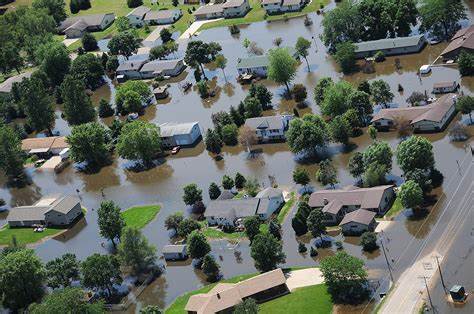Mass media, often regarded as the fifth arm of government, is more than a communication tool, it is essential to actualizing democracy and development. It does this not only through reporting and agenda-setting but also by helping to nurture citizens into having a sense of obligation towards political participation and inquiry.
In Africa, the media and communication industry has maintained this crucial function, as it concerns the continent’s development. Media and communication channels have been crucial in shaping a pan-African identity to foster unity, amplify the African voice, and weave a narrative of solidarity across the continent.
The media and communication sector in Africa has been spearheading the pan-African ideology from as far back as the 20th century. This era in history was marked by movements and advocacy for independence by the locals against their European colonizers.
The media, especially radio and newspaper, were at the forefront, vocalizing the pleas and pains of the populace. The West African Pilot by Nnamdi Azikiwe, The East African Standard, Mombasa Times, and Uganda Argus are very good examples of newspapers that held the mandate of independence tall. As much as the fight for independence has been won and African countries hold autonomy over their countries’ decisions and policies, the media has not relented in advocating the Pan-African identity.
Thanks to technological advancement and social media, promoting this ideology among Africans has become easier and faster. The media, through social media spaces, groups, filmmaking, music, and other forms of literature challenge the stereotypes associated with Africa, showcase diverse perspectives, and promote the shared heritage and aspirations of the continent. These promote discussions centered around Pan-Africanism among the different cultures and languages in the continent, creating an environment for mutual understanding and cultural pluralism.
The African media sector has been crucial to the development of Africa as a hip bone is to the human body, but it has been looked down upon by all; governments, private sectors, and even the public. The media in Africa is faced with challenges that range from; censorship, linguistic diversity, and corruption. Media practitioners in Africa are underpaid and under-protected and as such face a lot of persecution because of the nature of their job. These hinder the effectiveness of the media in Africa and also affect the development of the continent.
READ ALSO: Abiy Ahmed’s Mediation Efforts in Sudan: Can Peace Be Achieved?
As earlier mentioned, the evolution of technology has presented the media sector with unprecedented opportunities to strengthen Pan-African identity. The availability of smartphones and internet access has turned everybody into eyewitnesses and online journalists (bloggers). Virtual reality, artificial intelligence, and innovative storytelling have aided the preservation of its unique cultural heritage and the promotion of Pan-Africanism.
Media and communication stand side by side with social change, unity, and Pan-African development. In the last decade, Africa has made giant strides in socio-economic development, drawing the world’s attention to the value of the continent in the global economy and geopolitics. It is unequivocal that the media continues its task of fostering a Pan-African identity by amplifying the diverse voices and narratives within the continent and shaping the African narrative of resilience, creativity, and solidarity.


